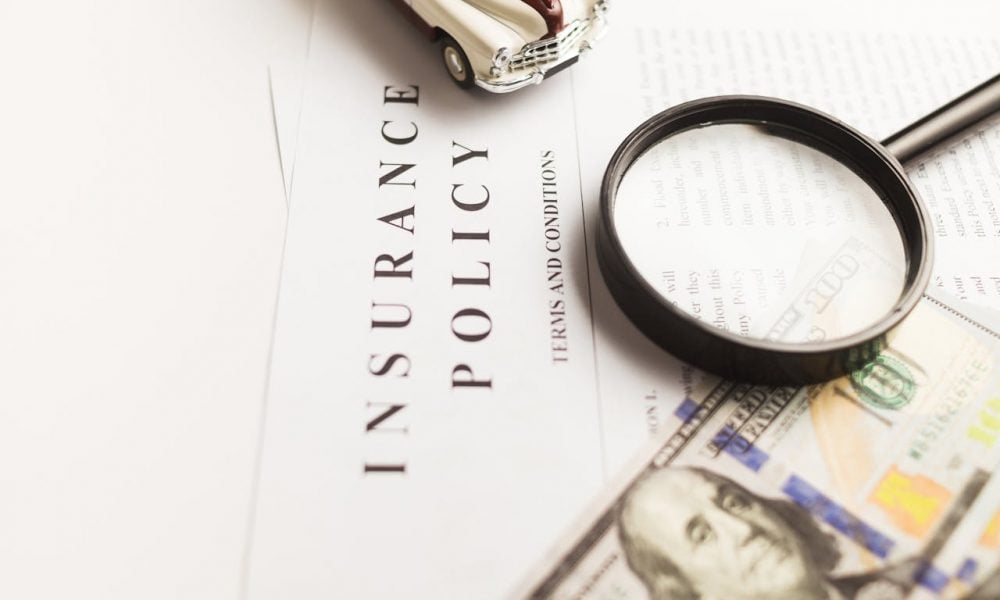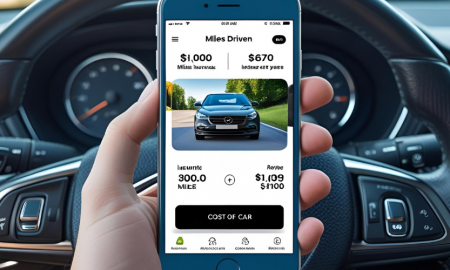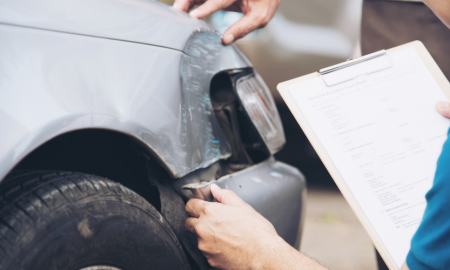
Expert Tips to Avoid the Most Common Car Insurance Scams

Car insurance scams are costing drivers millions and creating unnecessary stress for victims. These fraudulent schemes are becoming increasingly sophisticated, with scammers targeting unsuspecting individuals using fake policies, staged accidents, and more. The financial and legal consequences of falling victim can be devastating, leaving drivers without valid coverage or facing inflated premiums.
The good news? You can protect yourself by recognizing the warning signs of common scams. Here are various methods fraudsters use to target unsuspecting drivers and share tips to protect yourself from becoming their next victim.
Common Tactics in Crash for Cash Scams
Crash for cash scams involves fraudsters deliberately causing accidents to claim insurance money fraudulently. These incidents often occur at roundabouts, slip roads, or intersections. Scammers slam on brakes suddenly or position their vehicles to force a collision. New variations include moped scammers intentionally crashing into vehicles.
Victims are often pressured into admitting fault or settling on the spot. Experts recommend staying calm, collecting evidence, and reporting suspicious incidents to the police and the Insurance Fraud Bureau (IFB). Their confidential Cheatline service is designed to help drivers report scams safely.

@fxquadro | Freepik | Crash for cash scams involve fraudsters deliberately causing accidents to claim insurance money fraudulently.
Ghost Broking: The Invisible Threat
Ghost broking is a prevalent scam involving fraudsters posing as legitimate insurance brokers. They target victims, often younger drivers, through social media. By manipulating personal details, ghost brokers offer cheaper premiums but leave policies invalid. In some cases, they pocket the money without setting up any coverage.
Drivers can verify their insurance details through the Motor Insurance Bureau’s website. However, scammers often use fake contact details, leaving victims unaware of the fraud until claims are denied. Always verify brokers with the Financial Conduct Authority and avoid buying policies from unverified sources.
Spoof Car Insurance Adverts
Fraudsters use fake online adverts to trick drivers into thinking they are contacting their insurers. These ads often mimic legitimate businesses, making it hard to distinguish between real and fake services. Victims inadvertently share sensitive details with scammers, who misuse the information for financial gain.
To avoid falling prey, save your insurer’s contact information on your phone. When searching online, double-check URLs and look for inconsistencies. Report misleading ads to the IFB’s Cheatline to prevent others from becoming victims.
Fronting: A Misleading Insurance Practice
Fronting occurs when someone misrepresents the primary driver of a vehicle on an insurance application to secure a lower premium. This practice is illegal and considered insurance fraud. For instance, parents may list themselves as the primary driver for their teenager’s car to reduce costs.
Drivers caught fronting face severe consequences, including fines, license penalties, and higher insurance rates. Authorities may even seize or destroy vehicles. Honest applications not only ensure compliance with the law but also protect drivers from future complications.

@aleksandarlittlewolf | Instagram | Drivers caught fronting face severe consequences, including fines, license penalties, and higher insurance rates.
The Rising Trend of Targeted Scams
Experts warn that car insurance scams are becoming more sophisticated and targeted. Vulnerable drivers, such as individuals traveling alone or with children, are frequent targets. Fraudsters’ tactics include aggressive behavior to intimidate victims into settling quickly.
Being vigilant can reduce your risk of falling victim. Take note of suspicious behaviors, such as vehicles tailgating or lingering at intersections. Install a dashcam to provide evidence in case of disputes. Report incidents promptly to your insurer and law enforcement to mitigate potential damage.
How to Stay Protected
Staying informed and cautious is your best defense against car insurance scams. Always verify the authenticity of brokers, policies, and contact details. Keep physical and digital records of your insurance information for quick reference. If something seems off, trust your instincts and double-check.
Raising awareness about these scams can also protect others. Share information with family, friends, and colleagues to ensure more people are equipped to identify and report fraudulent activity. By staying alert and proactive, drivers can reduce the impact of these damaging schemes.
More inCar Insurance
-
`
Florida Auto Insurance Rates Finally Drop. But for How Long?
After years of rising premiums, Florida drivers are finally seeing lower auto insurance rates on the horizon. For 2025, the state’s...
August 15, 2025 -
`
U.S. Reduces Tariffs on Japanese Cars to 15% Under Trump’s Deal
In a move reshaping U.S.-Japan trade relations, former President Donald Trump confirmed a new agreement that slashes tariffs on Japanese car...
August 9, 2025 -
`
Adults in Ohio Face Stricter Rules to Obtain Driver’s License
Ohio has passed a new law that will change the way adults under 21 get their driver’s licenses. Signed into law...
July 31, 2025 -
`
Gen Z Craves Career Guidance, But Their Parents Are Struggling Too
Gen Z is stepping into the future with curiosity and ambition—but they’re not doing it alone. A growing number of teens...
July 25, 2025 -
`
Do Car Insurance Companies Offer Pay-As-You-Go Plans?
Car insurance premiums often feel unfair to people who rarely drive. Yet, most traditional auto policies still charge a fixed monthly...
July 17, 2025 -
`
Why the Koenigsegg Sadair Spear Is the Ultimate Hypercar Beast
Koenigsegg has revealed a new beast—the Sadair’s Spear. Tuning its focus on raw performance and brutal speed, this hypercar marks the...
July 11, 2025 -
`
Which States Have the Safest—and Riskiest—Drivers in America?
Driving safety isn’t just about skill. It’s also about location. A recent nationwide report shines a spotlight on where drivers are...
July 4, 2025 -
`
How to Save on Tesla Car Insurance Without Compromising Coverage
Owning a Tesla often brings savings on fuel and a futuristic driving experience, but the conversation changes quickly when it comes...
June 26, 2025 -
`
10 Weird Cars That Turned Heads and Won Hearts
Some cars turn heads with speed, others with luxury—but a rare few grab your attention simply by being delightfully strange. From...
June 20, 2025















You must be logged in to post a comment Login